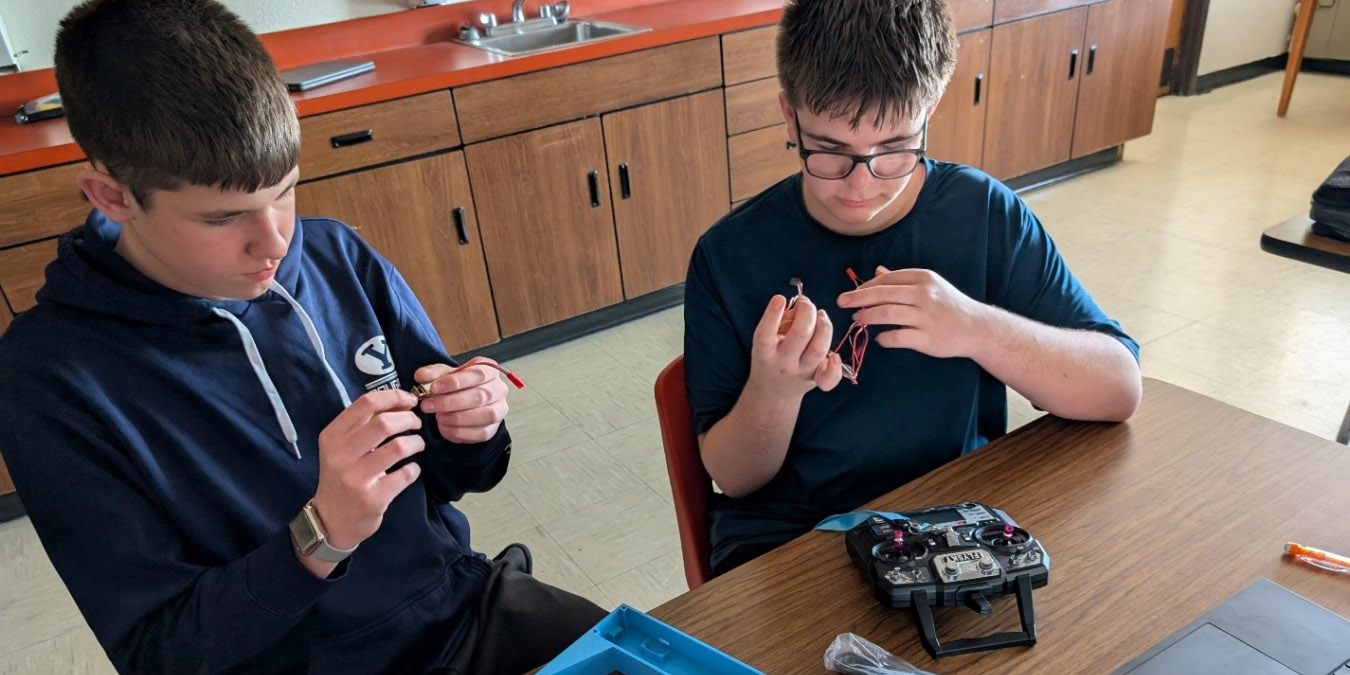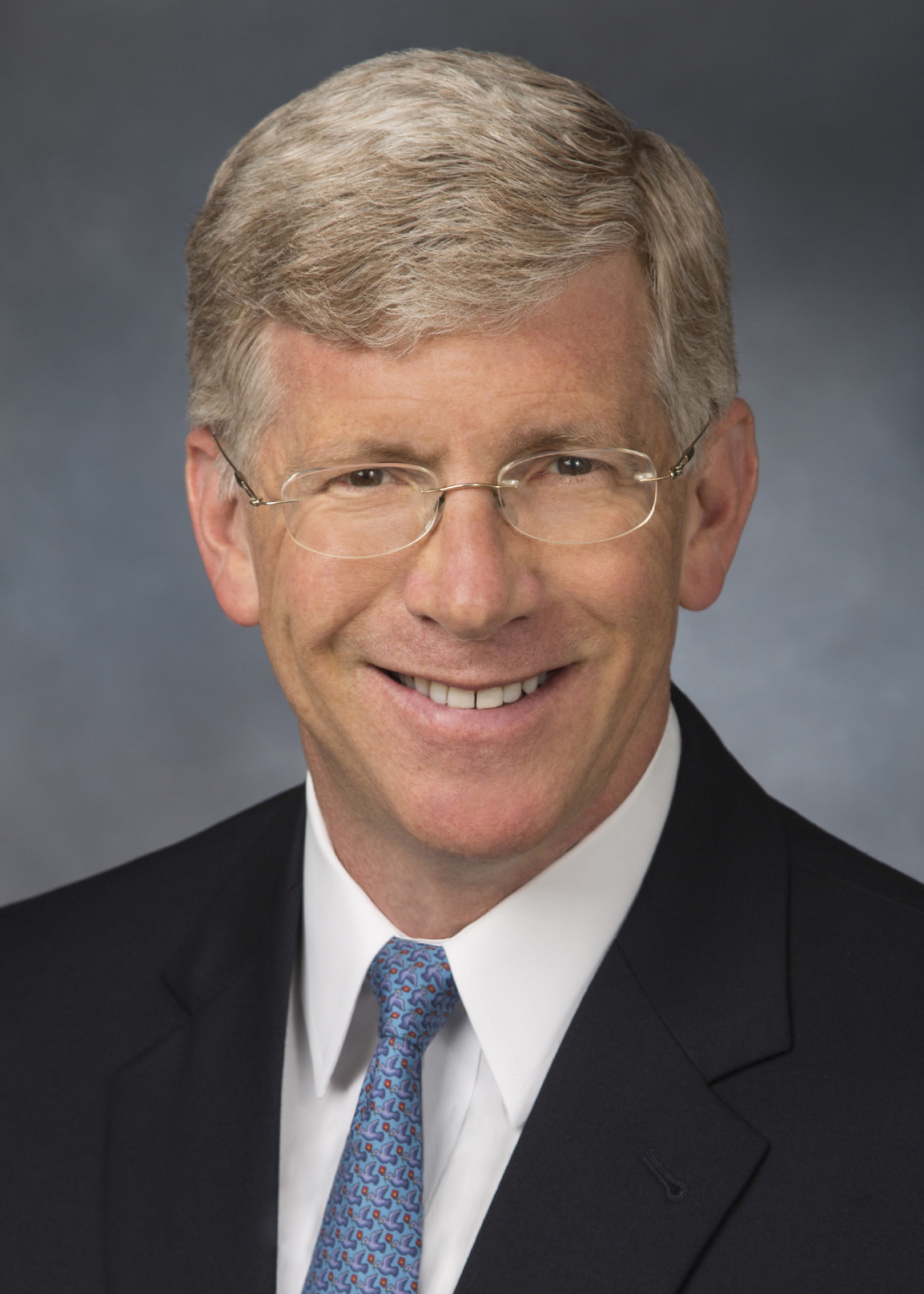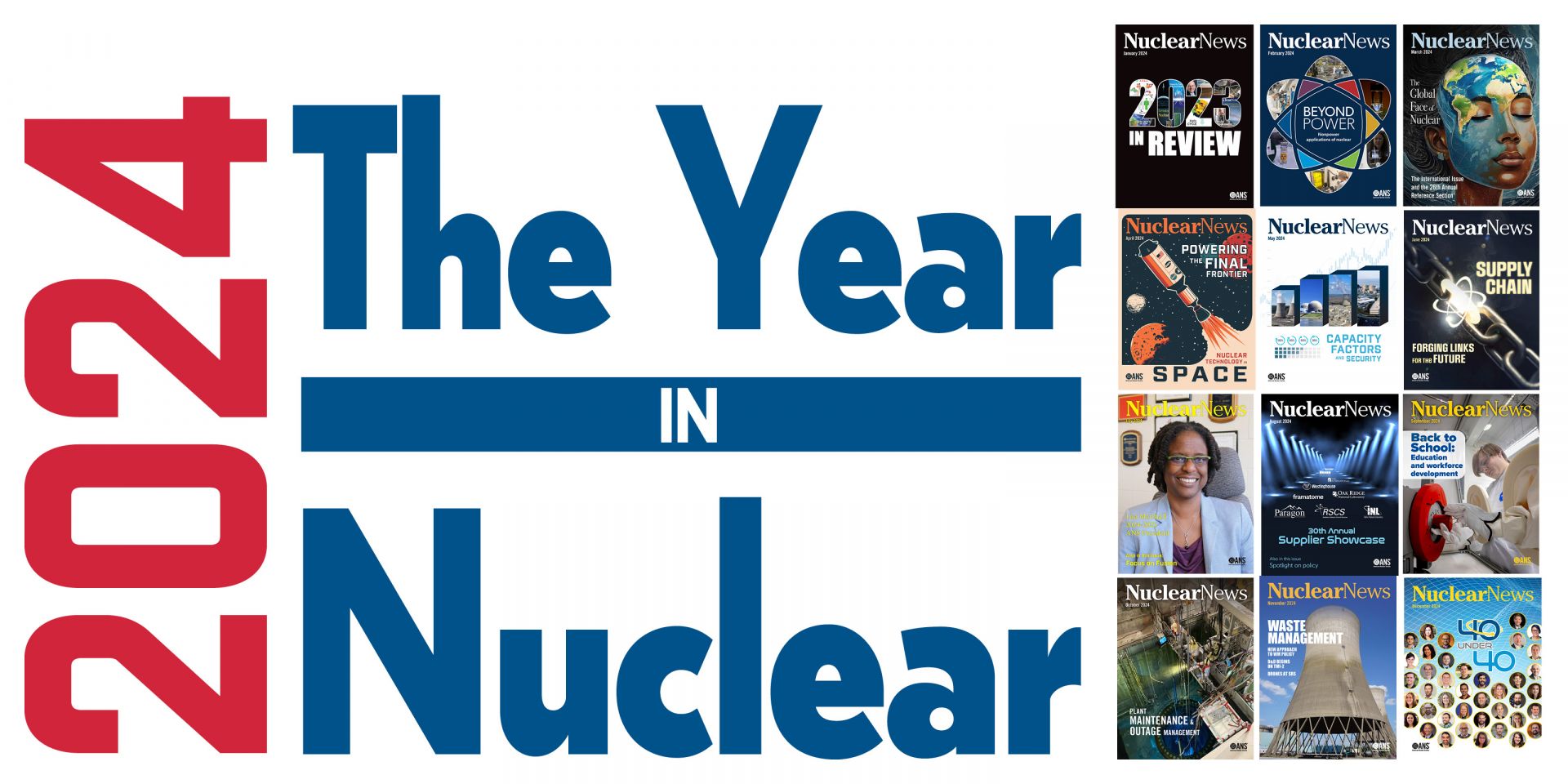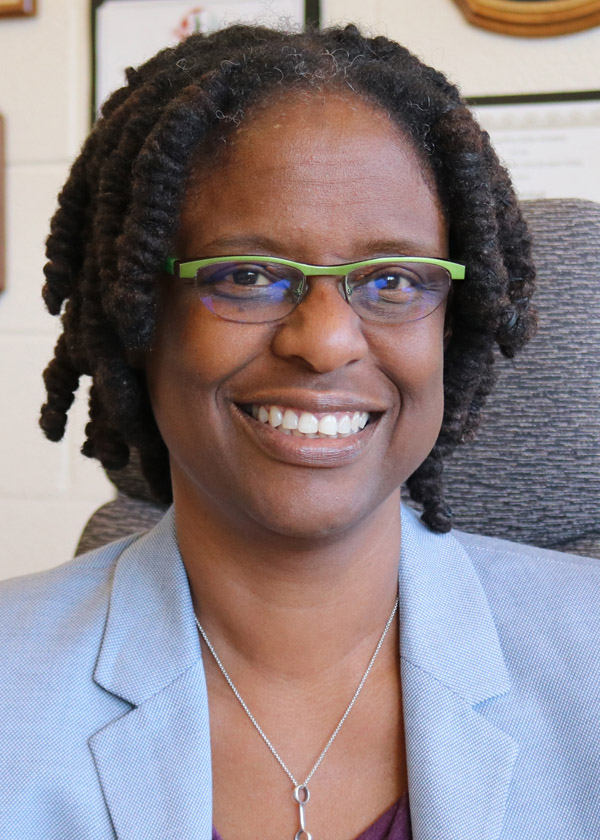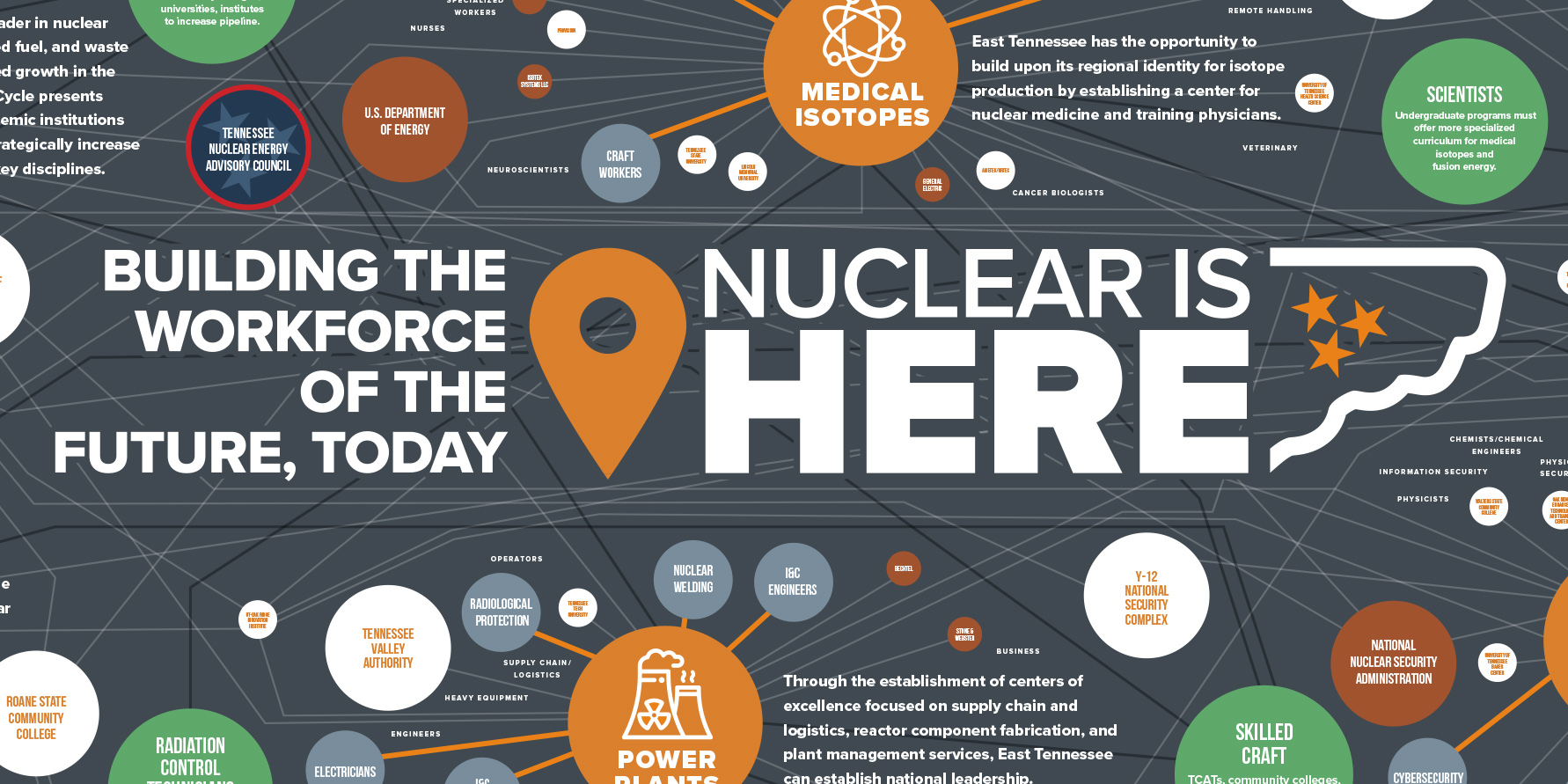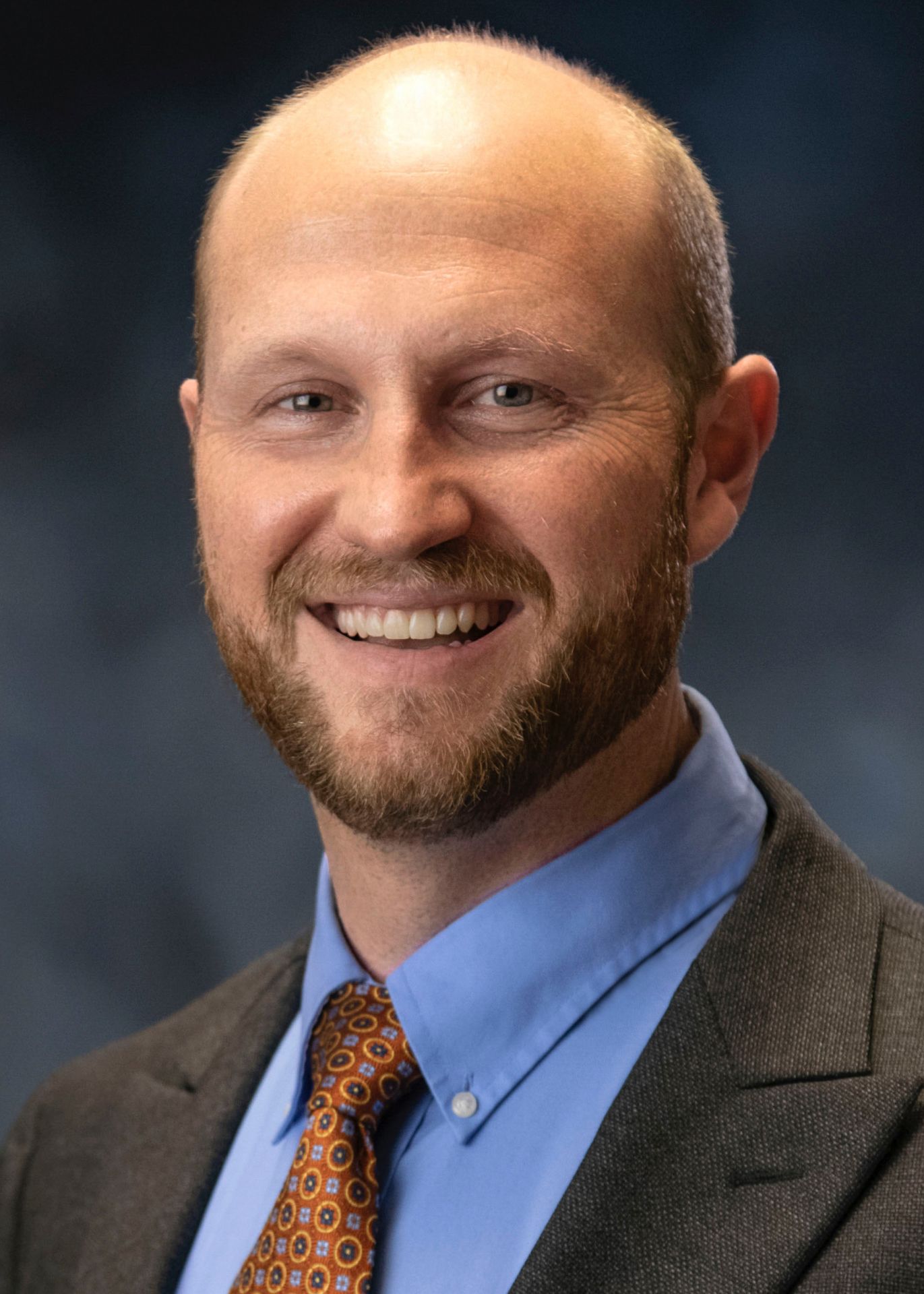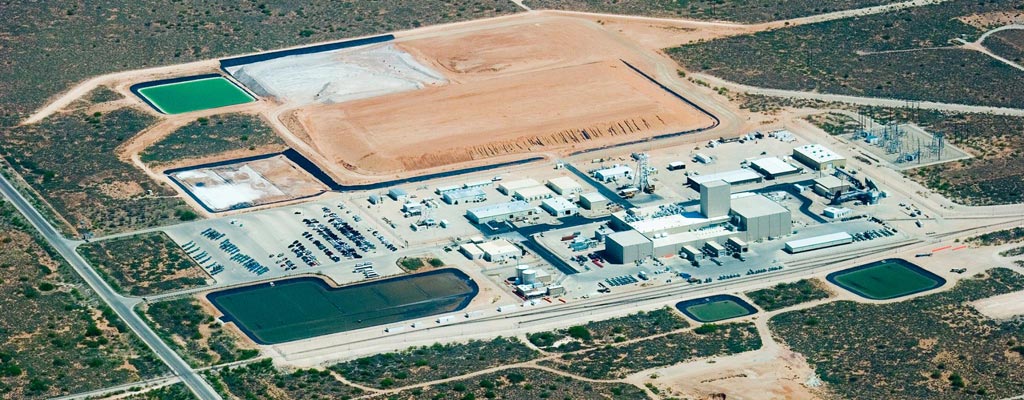From left, Igor Bolotnov, Amir Bahadori, Gale Hauck, and Christopher Perfetti at the Mentorship Matters panel during the ANS 2025 Annual Conference. (Photo: ANS)
Applications are officially open for the second cohort of the American Nuclear Society’s newly redesigned mentoring program. Mentor Match is a unique opportunity available only to ANS members that offers year-round mentorship and networking opportunities to Society members at any point in their education.
The deadline to apply for membership in the fall cohort, which will take place October 1–November 30, is September 17. The application form can be found here.
Students use materials bought with funds from the IEC’s Full STEAM Ahead in the Classroom grants to make robots. (Photo: DOE)
The Idaho Environmental Coalition (IEC) has provided funding to 15 classrooms in southeastern Idaho to support local educators and encourage the next generation of workers to pursue technical careers, the Department of Energy’s Office of Environmental Management announced. The IEC, which is led by Amentum and includes North Wind Portage as a partner, was awarded a 10-year, $6.4 billion contract in 2021 to manage cleanup operation at the Idaho National Laboratory Site.
Tennessee is serious about nuclear energy.
The Volunteer State’s governor and representatives have made clear their intention to position Tennessee at the forefront of a nuclear energy growth surge over the next several years. They’re making the financial investment to back up this commitment, pledging $50 million to recruit the innovative and invest in the existing nuclear companies in the state.
In an interview with advocacy group Nuclear Matters, Gov. Bill Lee expressed his excitement and optimism for Tennessee’s nuclear future.
“Tennessee is one of the fastest growing states in the country,” he said. “Because of that, we have people and companies moving here and we need to have a dependable, reliable energy source.”
SRNS’s Sean Alford (standing) discusses career opportunities with Winthrop University faculty and staff during a tour of the Savannah River Site. (Photo: SRNS)
Faculty and staff from Winthrop University recently toured the Department of Energy’s Savannah River Site as part of a workforce development partnership.
From left, Erik Olds, OREM deputy manager; Jay Mullis, OREM manager; Brandon Bishop, NABTU secretary-treasurer; Sean McGarvey, NABTU president; Ken Rueter, UCOR president and CEO; William “Ike” White, DOE-EM senior advisor; and Jeff Avery, DOE-EM principal deputy assistant secretary.
The Department of Energy’s Office of Environmental Management announced the signing of a project labor agreement (PLA) between Oak Ridge Office of Environmental Management (OREM) contractor UCOR and North America’s Building Trades Unions (NABTU). The agreement, which allows for flexibility in wage increases and other incentives, is expected to help recruit and retain skilled construction trade workers at the DOE site in Tennessee.
Data analyst Emily Coriell (right) demonstrates a pipe crawling robot at the career opportunities event. (Photo: DOE)
Contractors at the Department of Energy’s Paducah Site teamed up recently to highlight career opportunities available at the site during the Paducah Area Chamber of Commerce WKY (West Kentucky) Launch Experience.
A ribbon cutting marked the opening of Bechtel’s Engineering Execution Center in Knoxville, Tenn. Pictured, from left, are Glenn Jacobs, Angela McAlpin, Sujal Lagowala, John Howanitz, Craig Albert, Wes Hines, and Mark Field. (Photo: Bechtel)
International engineering, construction, and project-management company Bechtel, which is headquartered in Reston, Va., opened its newest office, the Engineering Execution Center, in Knoxville, Tenn. The office—the second Bechtel has opened stateside in the last few months—will provide engineering support for the company’s numerous mission-based projects, and it is the second new U.S. office opened by Bechtel in the past few months—the other being in Chandler, Arizona.
The Waste Isolation Pilot Plant in New Mexico. (Photo: DOE)
The Department of Energy today announced a noncompetitive financial assistance cooperative agreement with Southeast New Mexico College, located in Carlsbad, N.M., for educational programs to enhance the knowledge, skills, and abilities of current Waste Isolation Pilot Plant employees while also building and training WIPP’s next-generation workforce.
 The University of Texas–Austin has released a report, Cultivating Homegrown Nuclear Talent in Texas: Workforce Development Recommendations for Advanced Nuclear Development, which emphasizes general actions needed for the state to meet the near-term demand for workers in the nuclear industry.
The University of Texas–Austin has released a report, Cultivating Homegrown Nuclear Talent in Texas: Workforce Development Recommendations for Advanced Nuclear Development, which emphasizes general actions needed for the state to meet the near-term demand for workers in the nuclear industry.
-3 2x1.jpg)
 The new report “
The new report “

